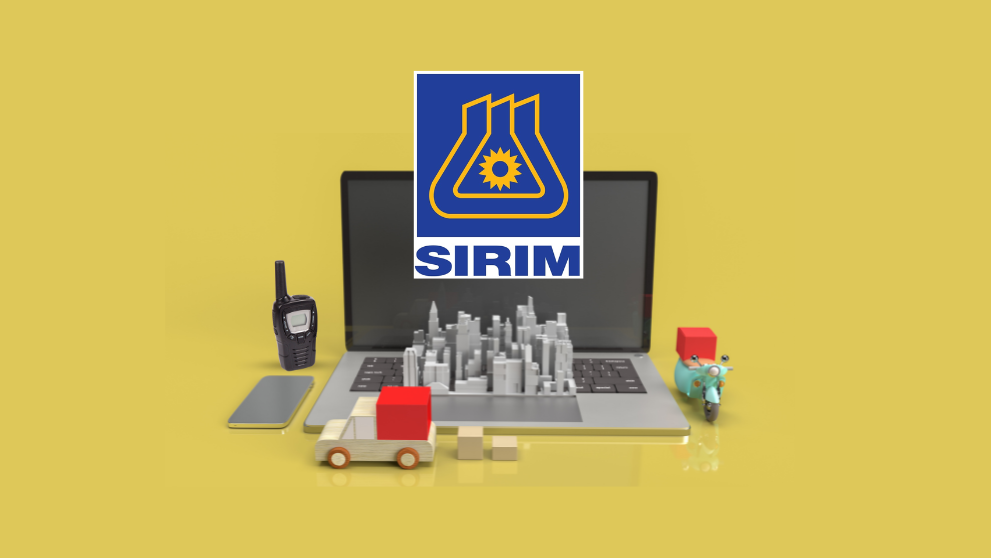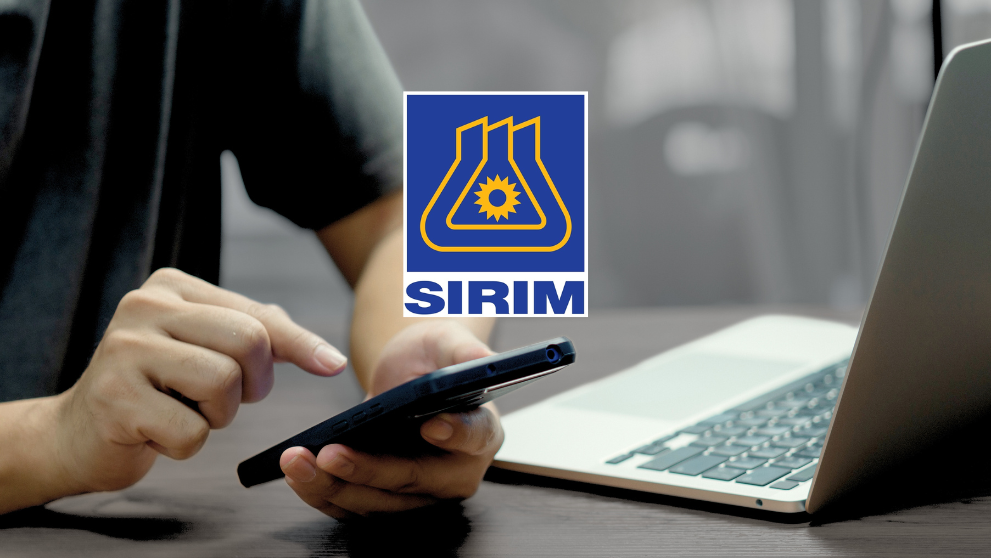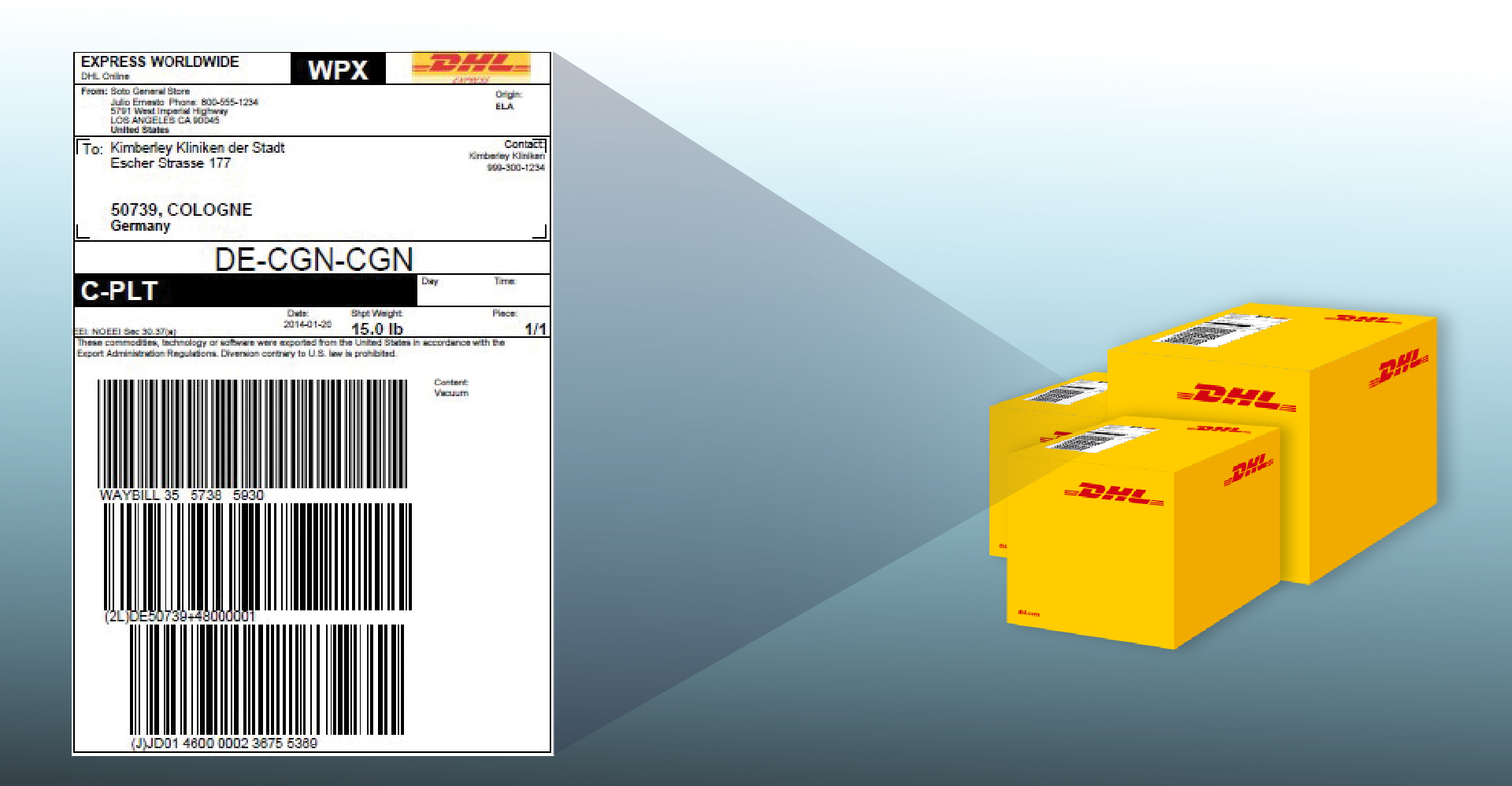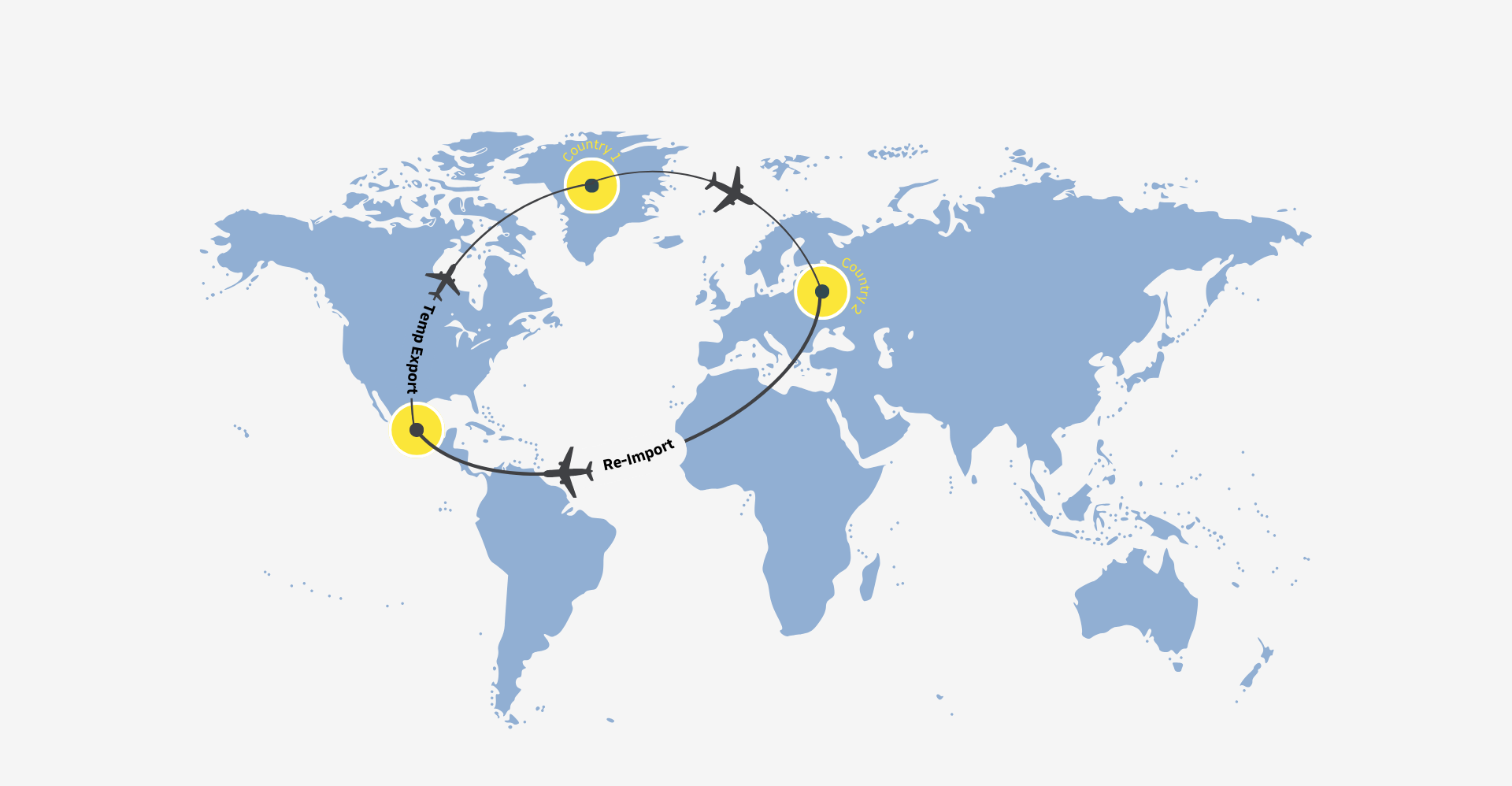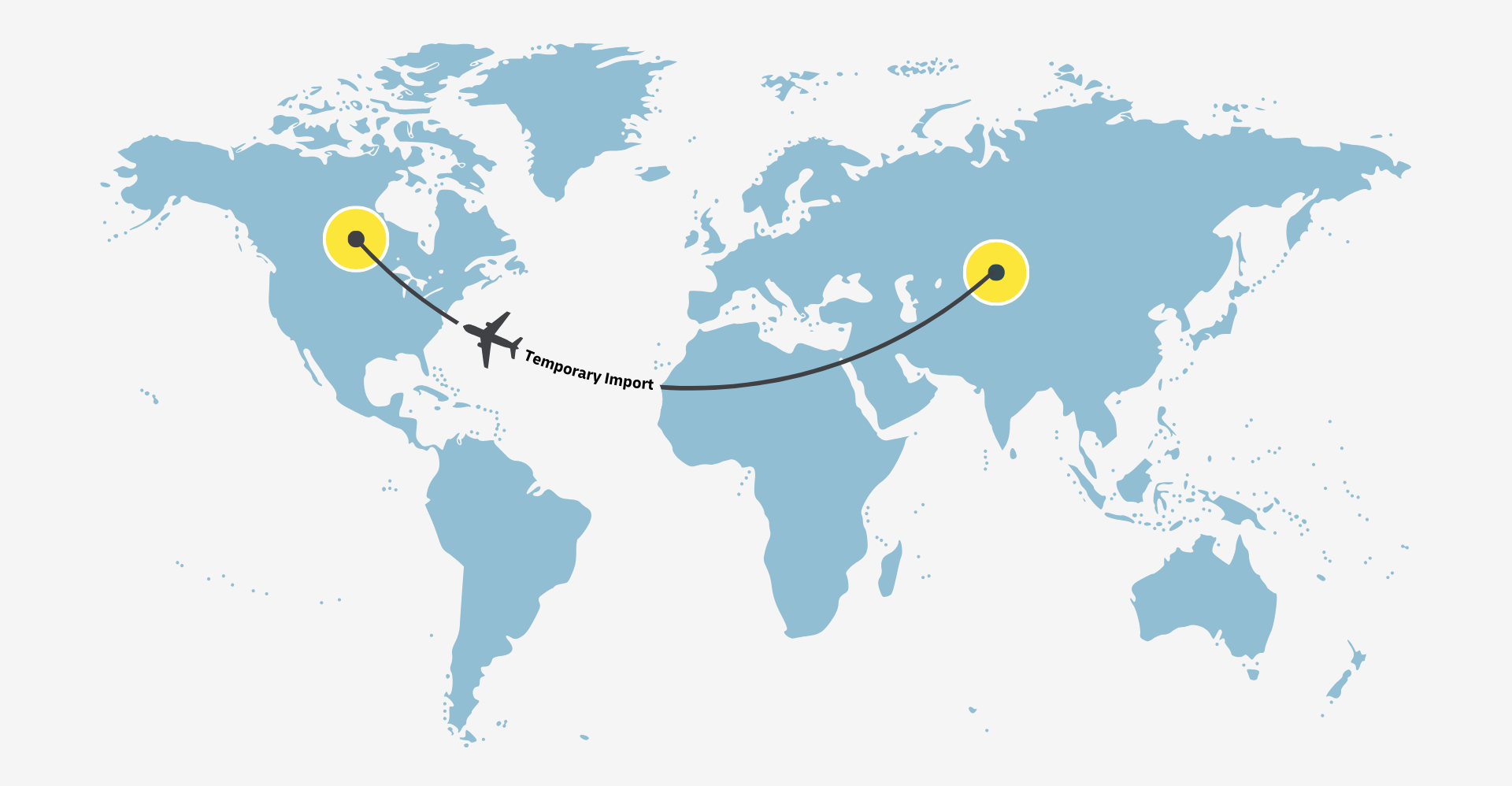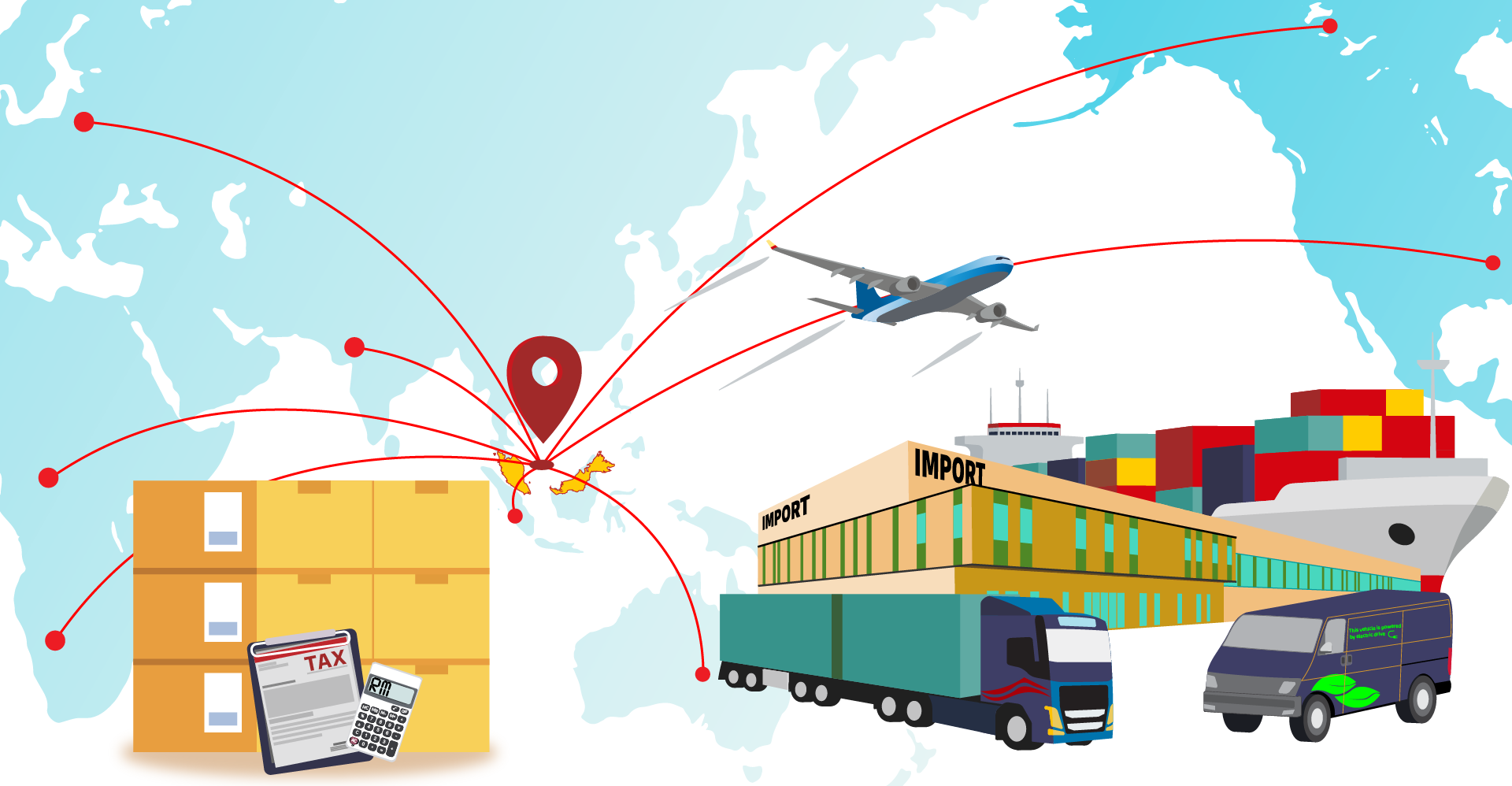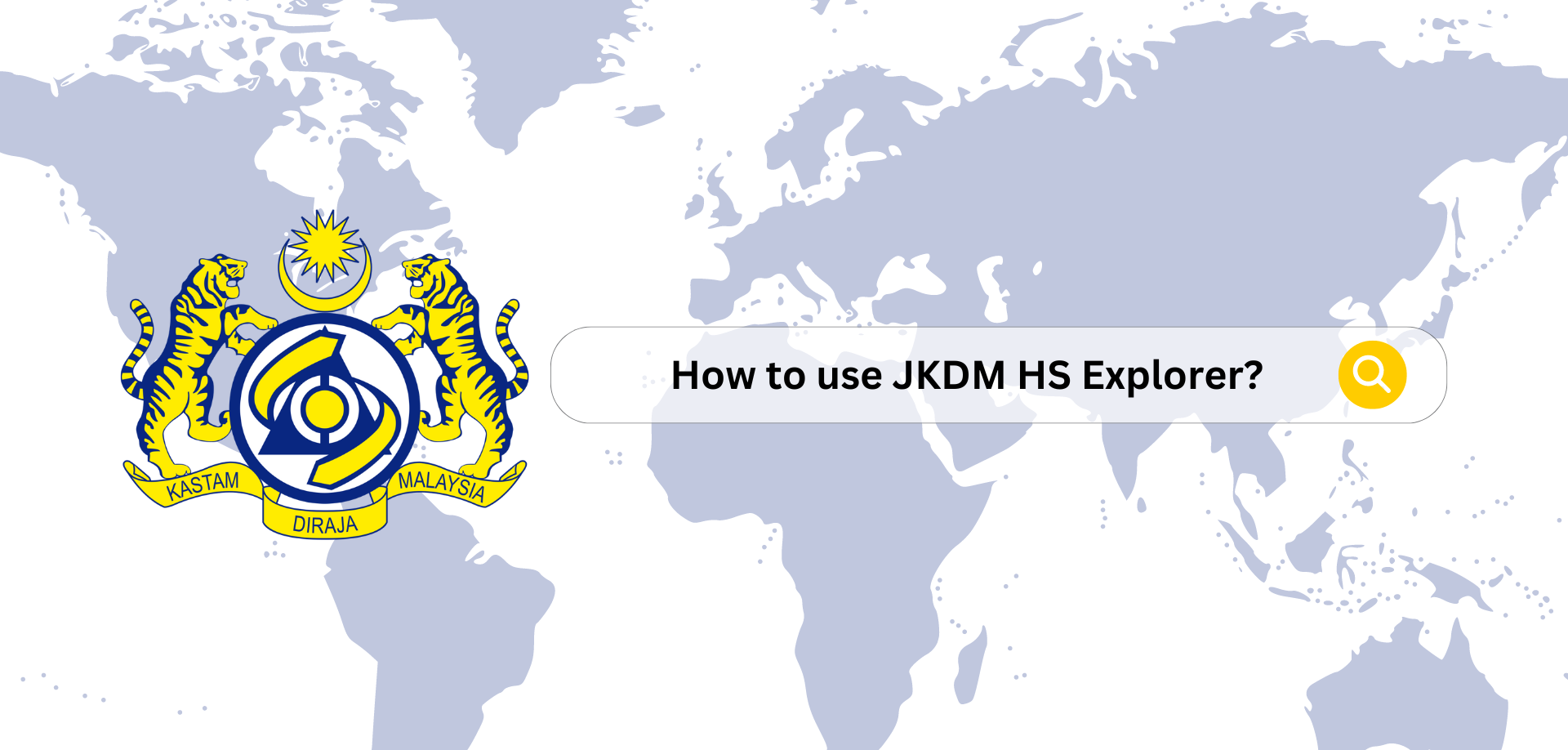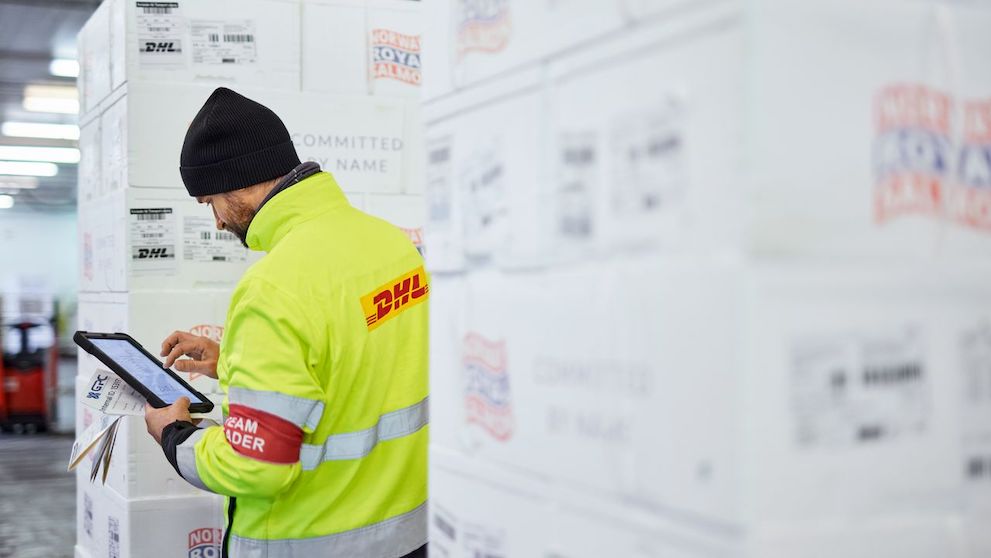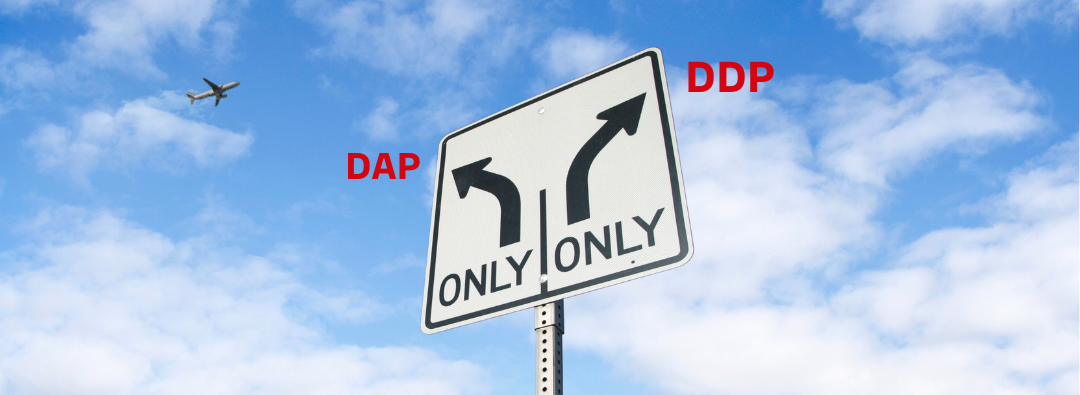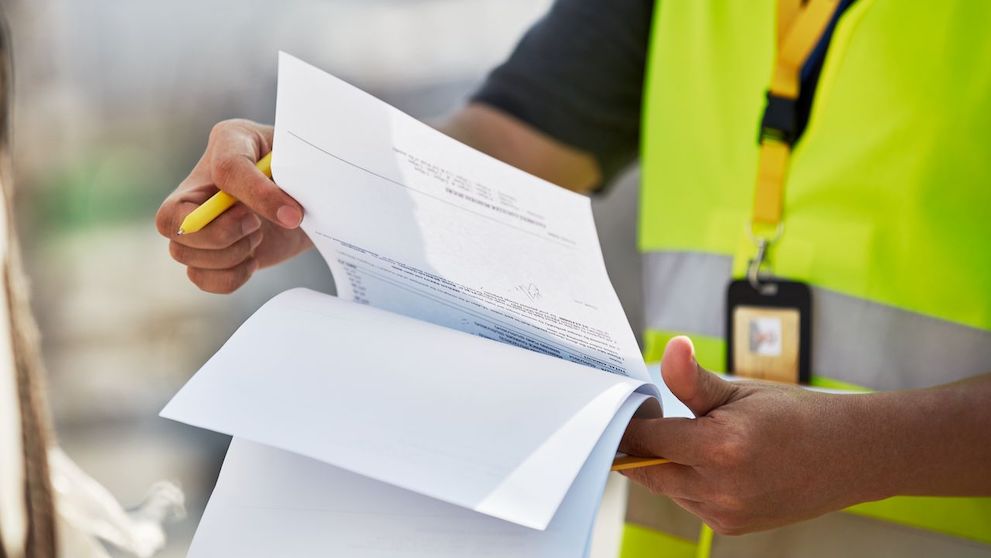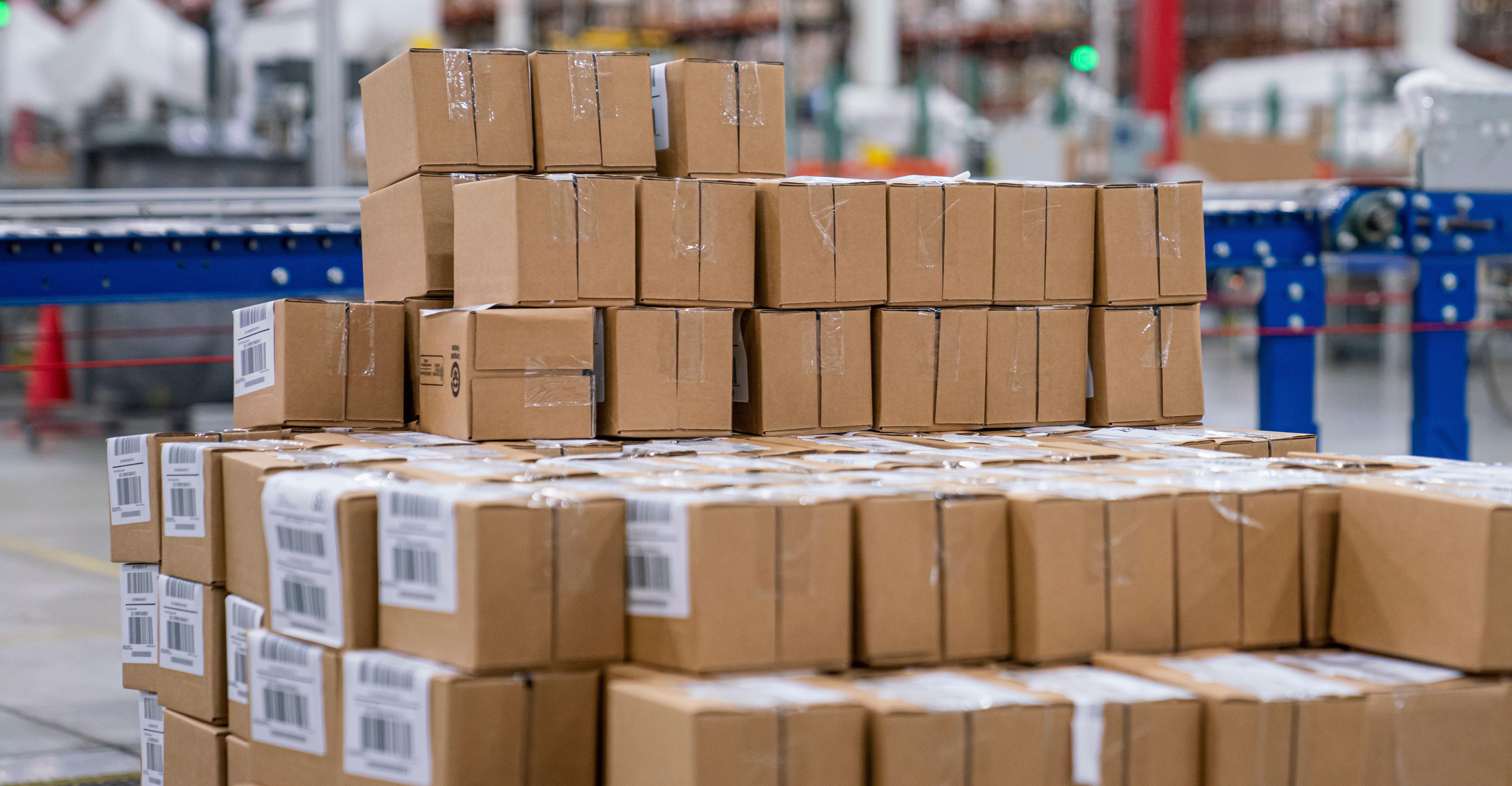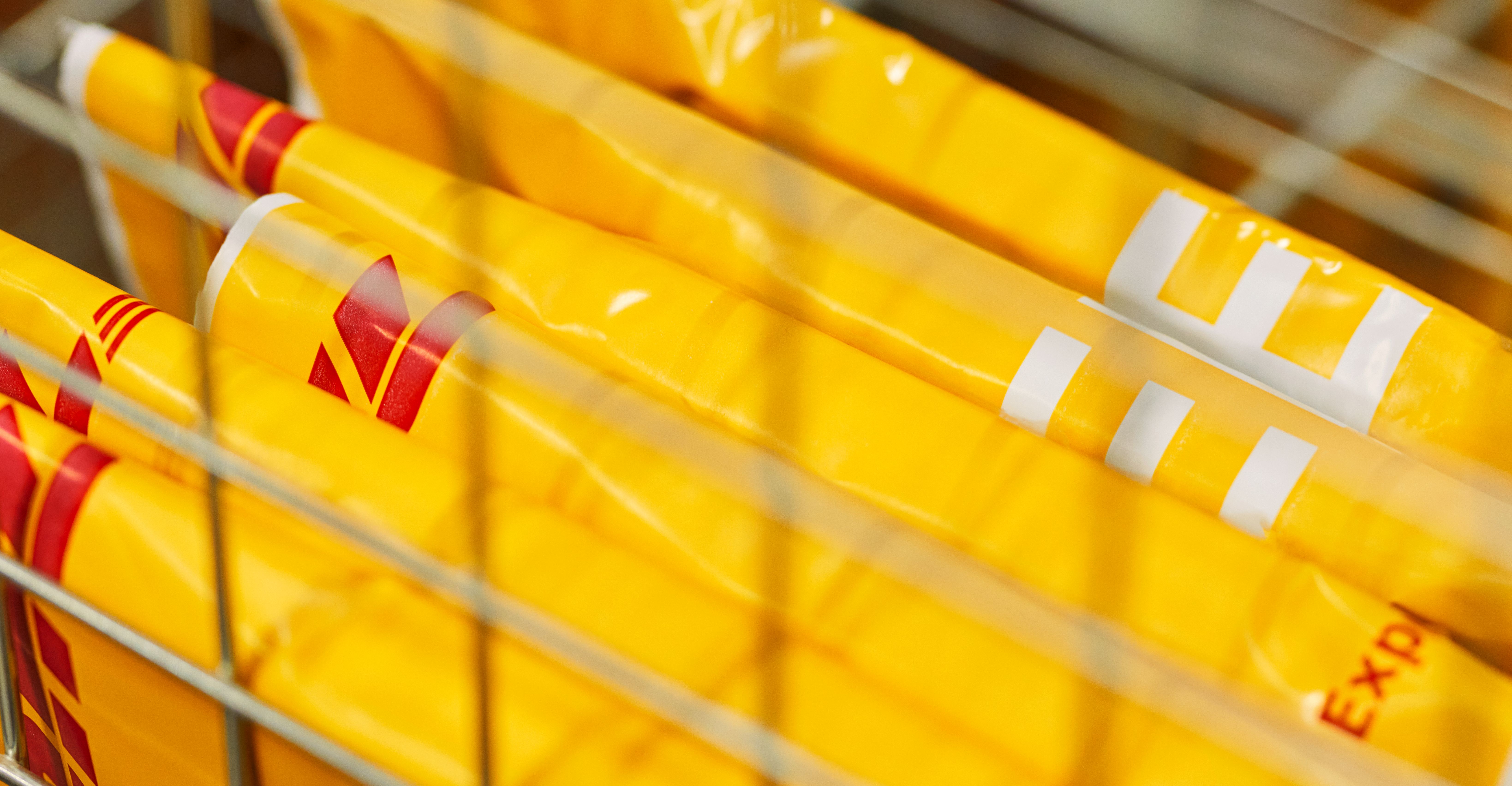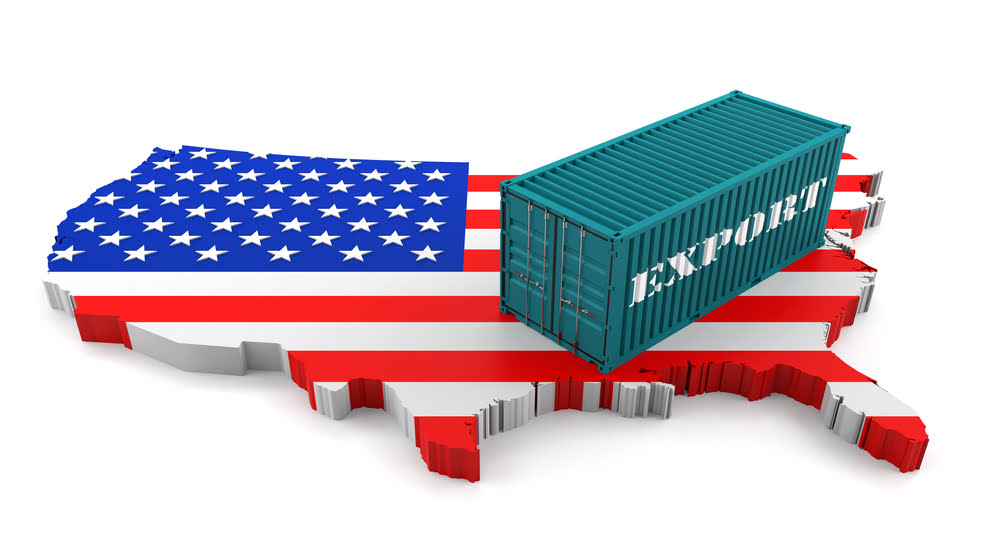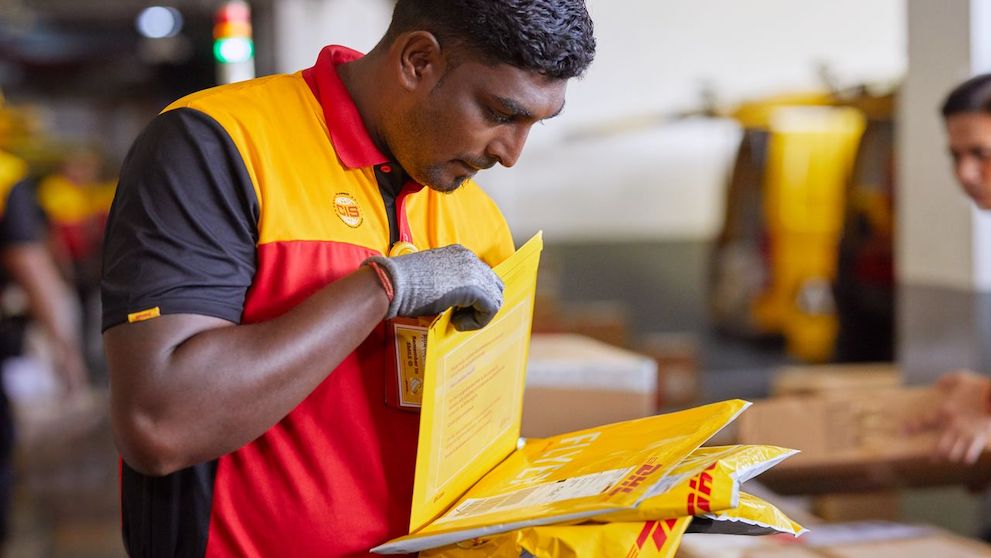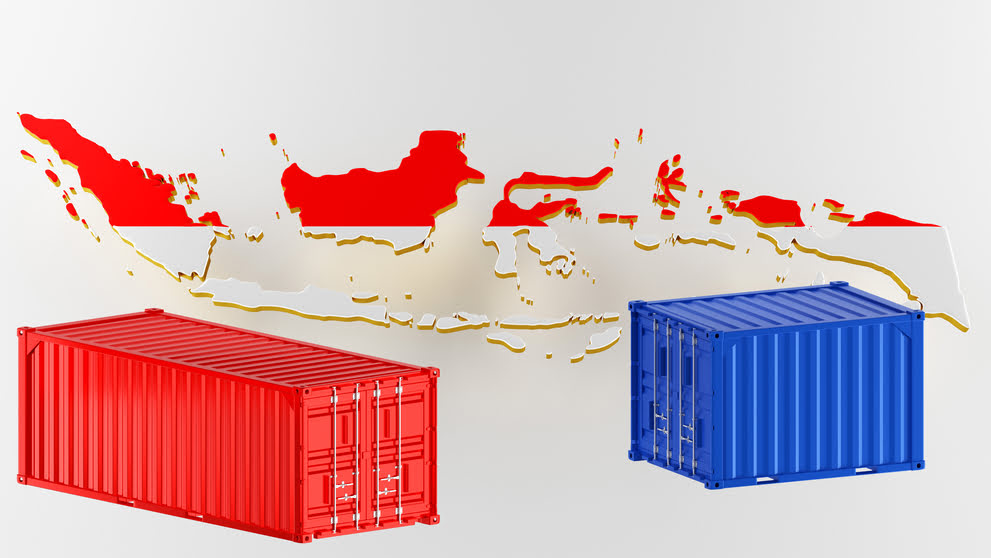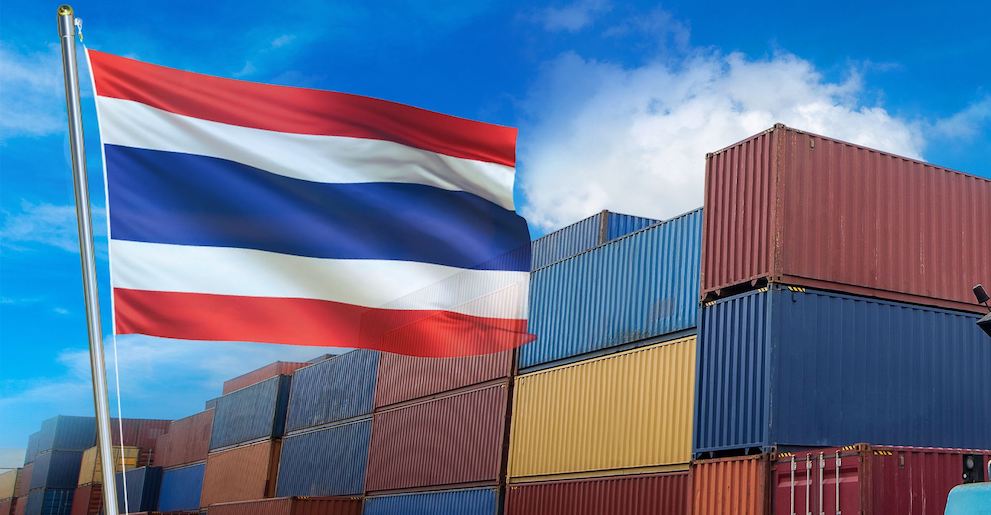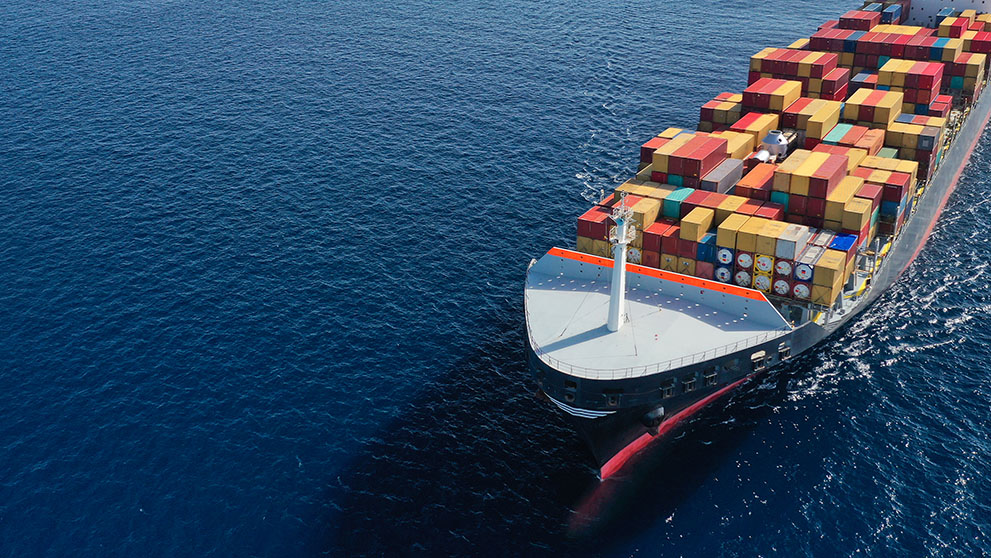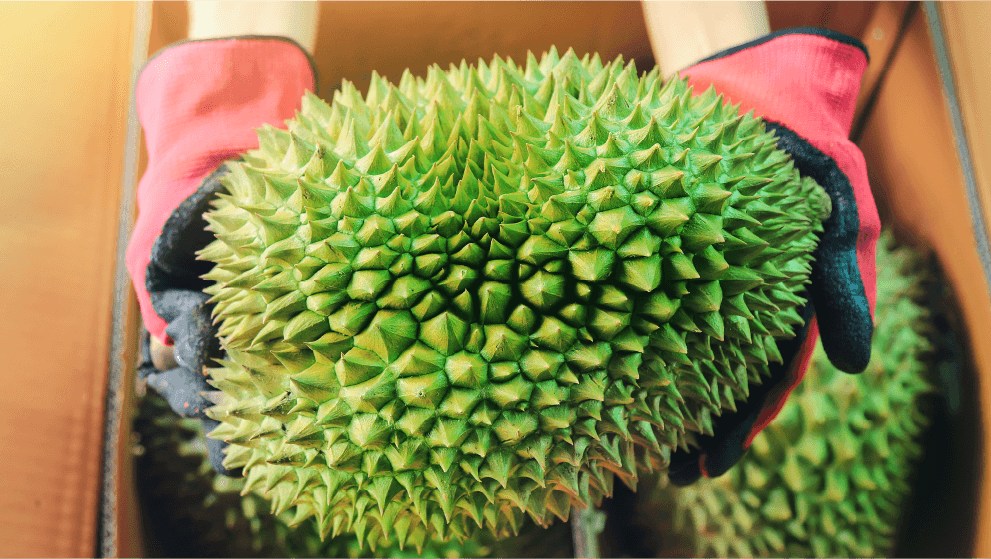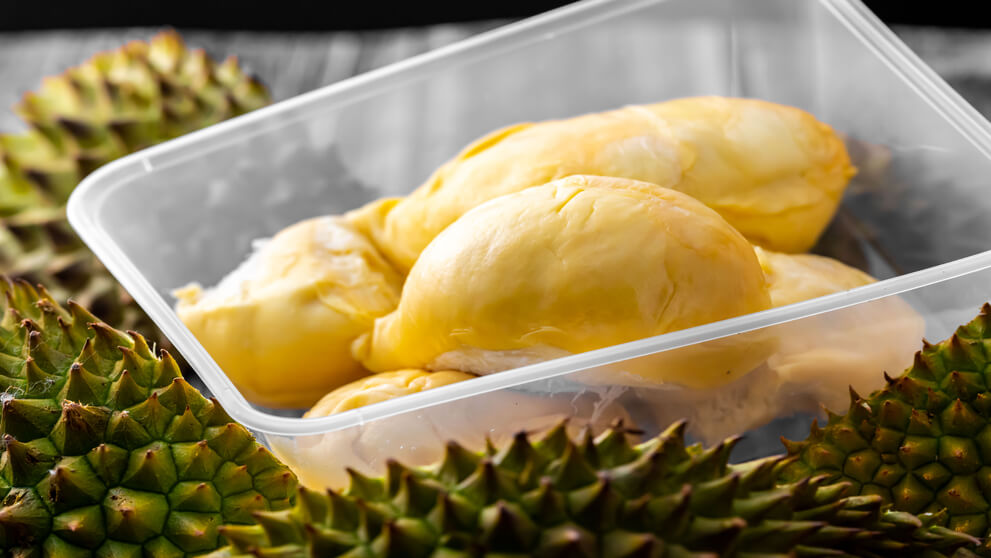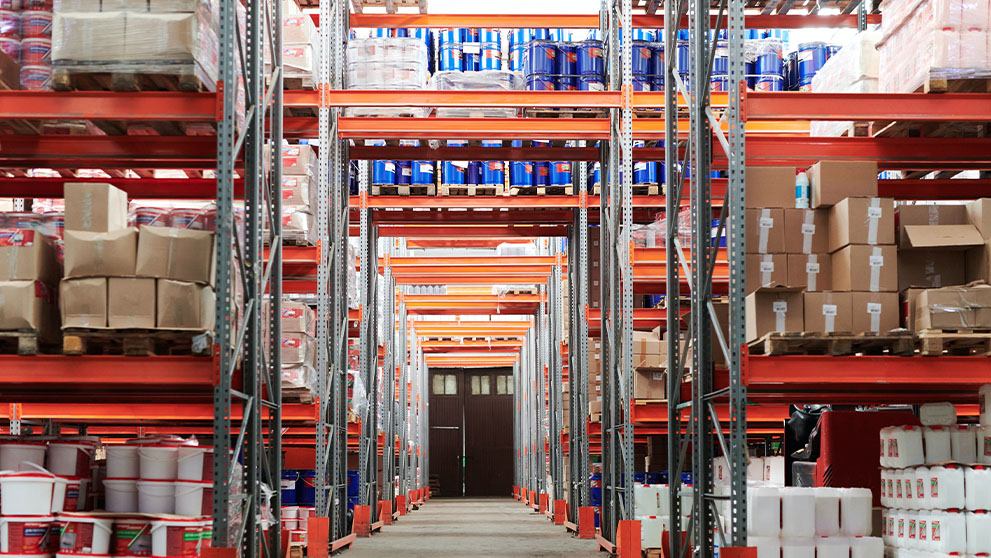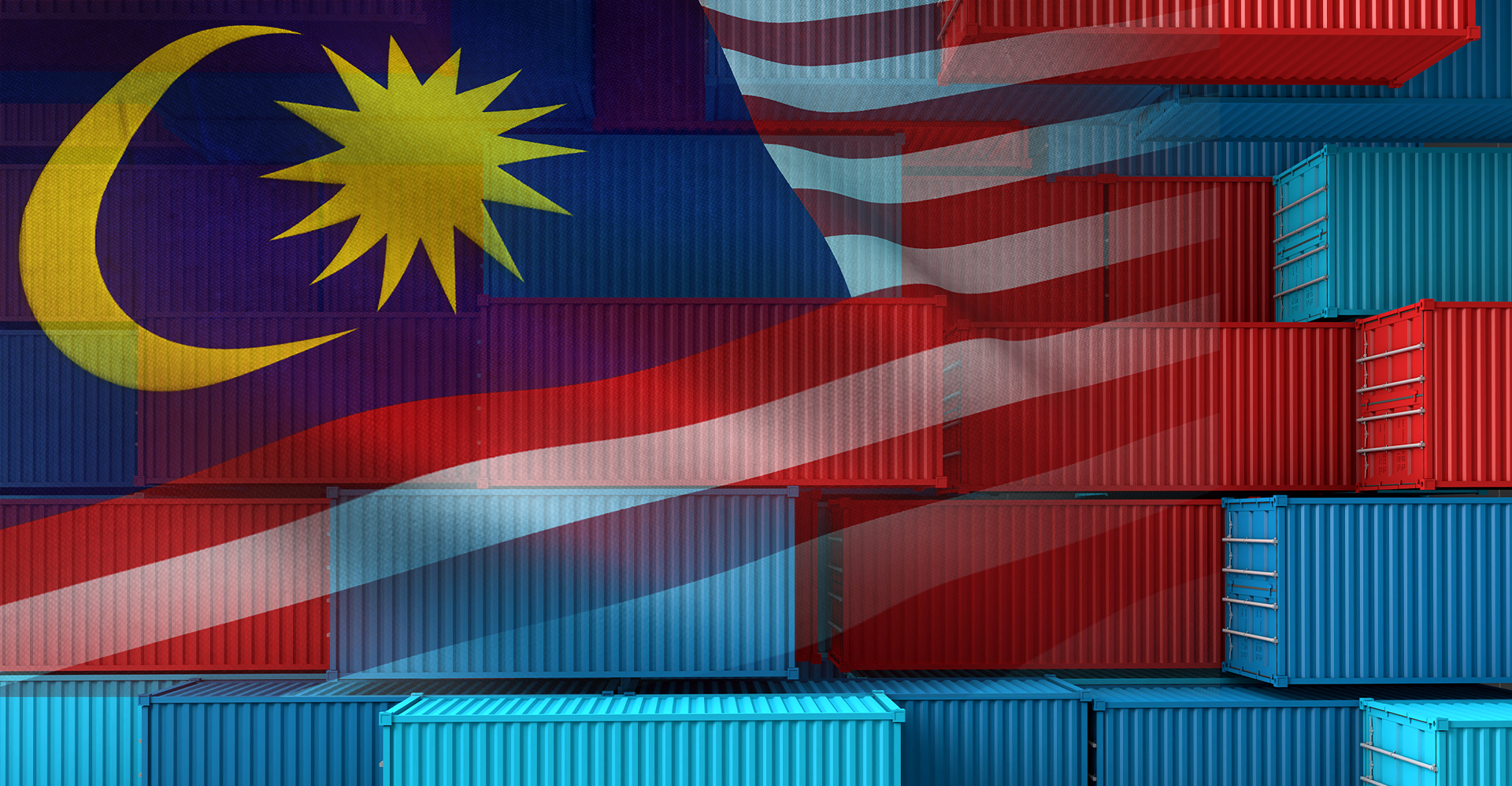According to Statista, Malaysia’s hair care market has generated a total revenue of US$480 million in 2022. Although this accounts for a relatively small segment in the beauty and personal care industry, it does present opportunities for businesses to capitalise on.
In 2020, the global shampoo segment was calculated to be worth US$30.09 billion, as reported by Fortune Business Insights, proving that the beauty industry is healthy and strong, as hair care is one of the most important factors that drive many to spend on related products such as organic shampoos. With the beauty industry proving to be resilient against the effects of COVID-19, experts are predicting a return to growth in 2022. Read on to learn how you can expand your beauty and hair care business here in Malaysia by exporting your shampoo to international markets.
Malaysia's shampoo market shows promising growth
With a projected Compound Annual Growth Rate of 3-5% from 2021 to 2026, according to Lucitel, it is expected that there will be more businesses attracted by the idea of gaining market share in the shampoo export industry here in Malaysia. Driving the growth of this market is the growing interest in plant-based, sulfate-free organic shampoos. What this means is that more consumers are becoming aware of the irritation and damage caused by normal shampoos as compared to the milder formulas from organic sulfate-free shampoos that help mitigate itchy and dry scalps. This is validated by Grand View Research, as it has shown that the market for organic shampoo is expected to reach US$1.4 billion by 2025.
Furthermore, the growing trend surrounding eco-friendly products has also helped encourage more consumers to rethink their lifestyle choices. With the knowledge that the presence of harmful chemicals in non-organic shampoos can potentially cause scalp damage, demand for such products has dropped. Consumers are now seeking for shampoos that are made with safer, natural ingredients. Despite the fact that they are pricier, such demand is a clear sign that consumers are becoming more health conscious and savvier when purchasing beauty and hair care related products.
With new market entrants and innovation in this industry, along with an increase in global demand for organic sulfate-free shampoos, Malaysia has the potential to develop a competitive shampoo export industry. This presents an opportunity for small and medium businesses in Malaysia to expand their reach.



